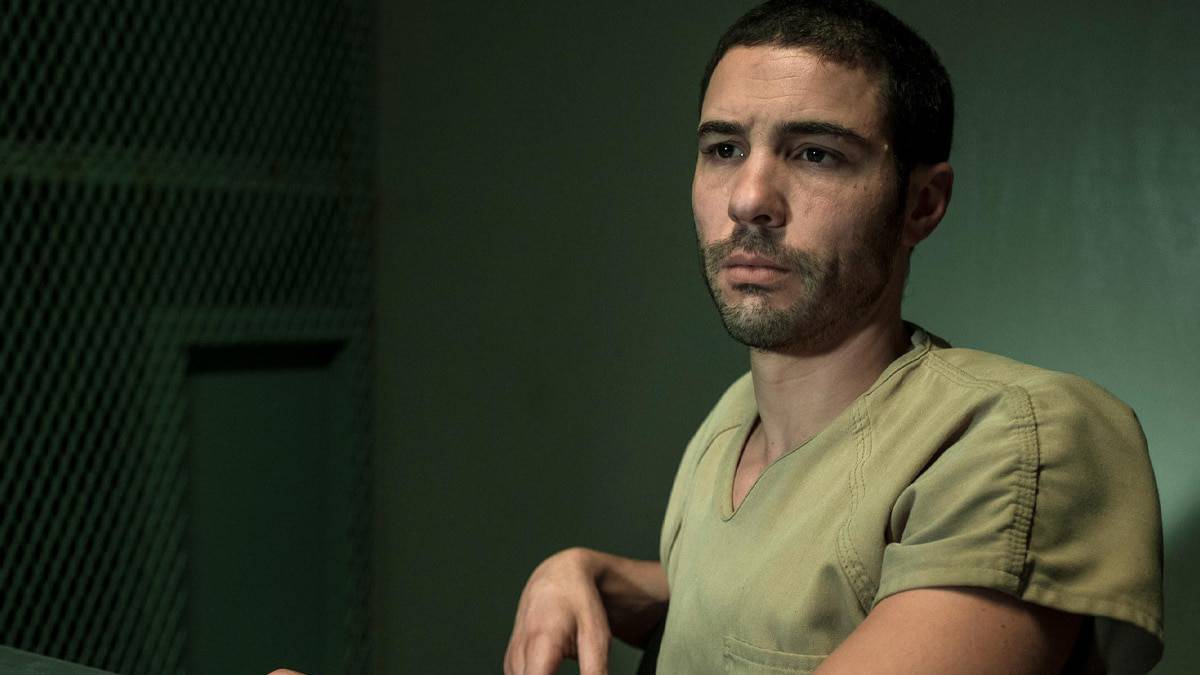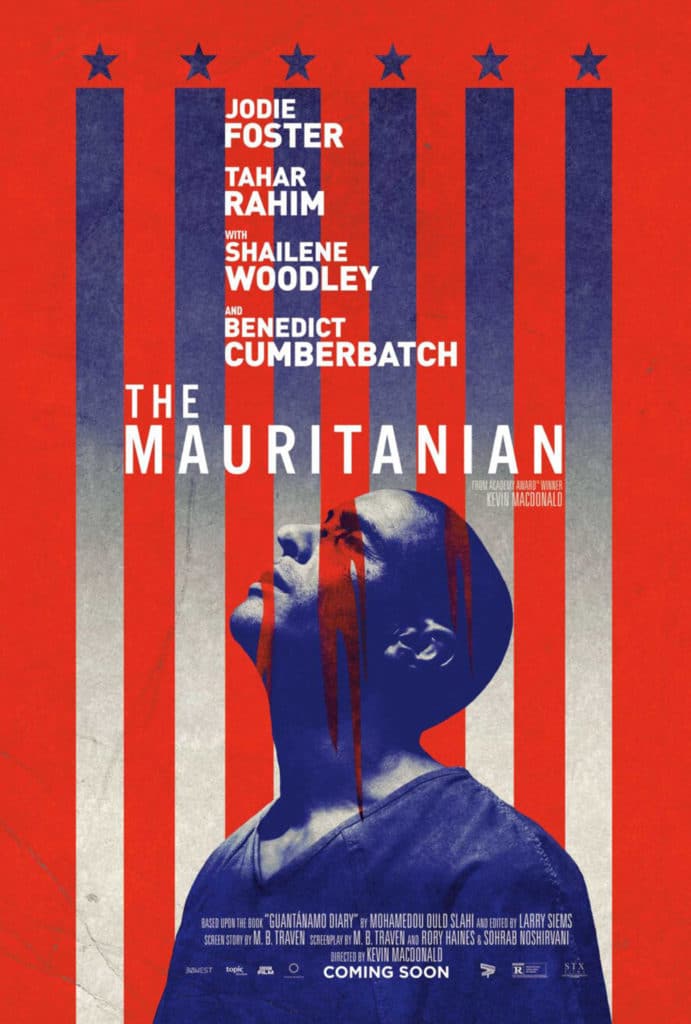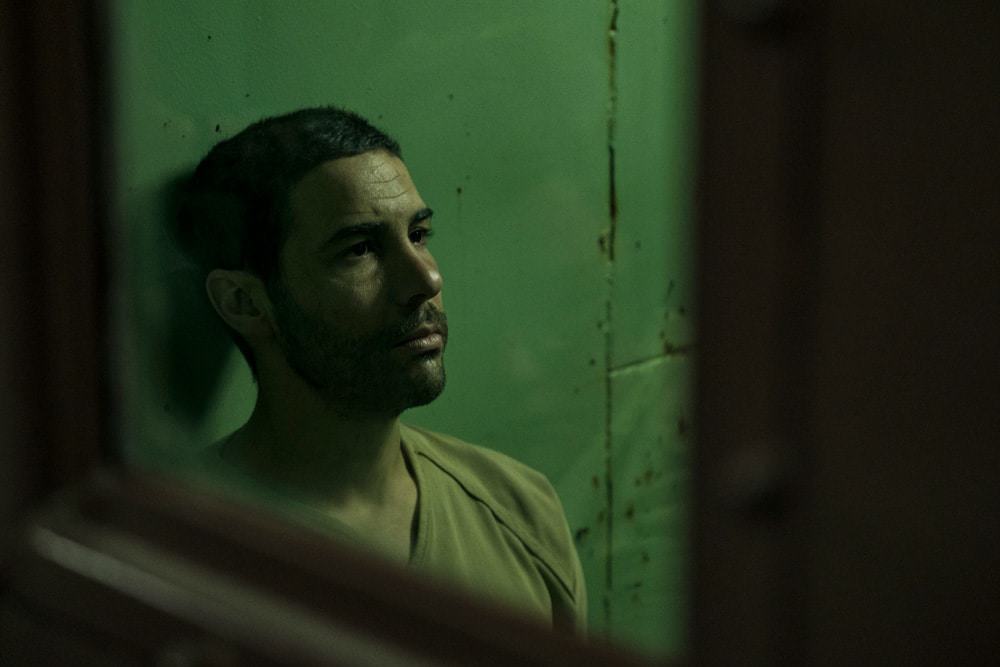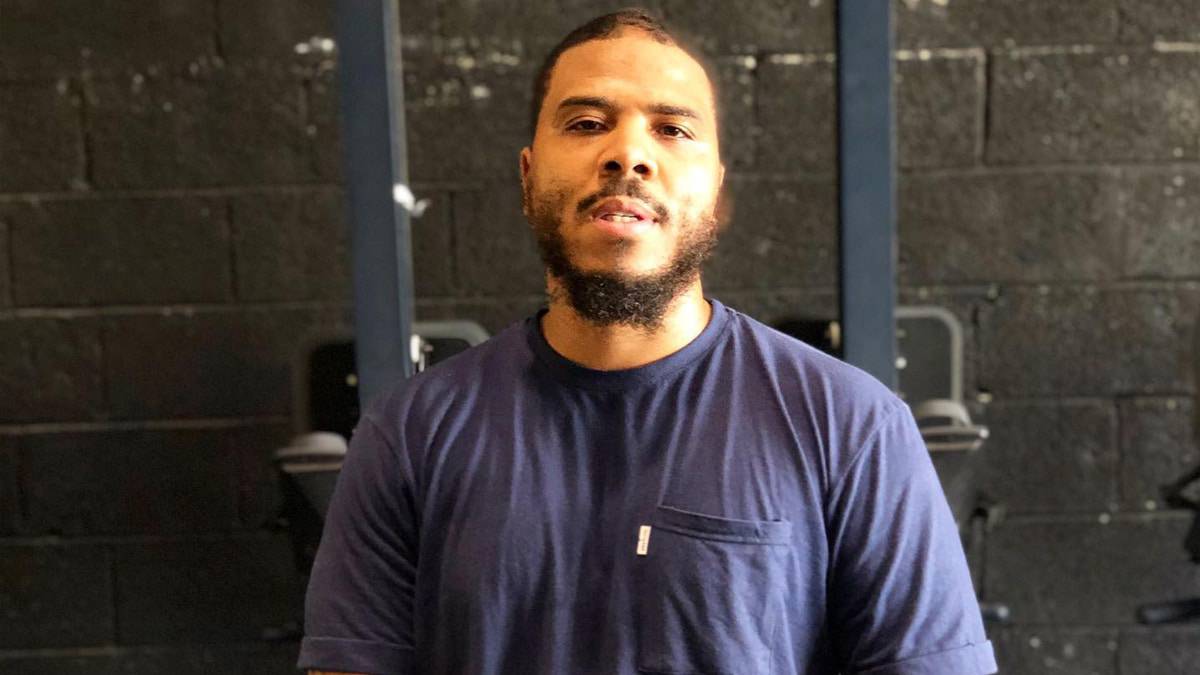The Perils of American Exceptionalism: Review of The Mauritanian

I’ve never been too frightened of horror movies because most of them aren’t realistic. The ones that terrify me are. Some films aren’t meant to instill fear, but can easily be placed in that genre; The Mauritanian is one of them. The film tells the story of Mohamedou Ould Salahi, who is captured by the U.S. Government due to suspicions of terrorist activity and sent to its Guantanamo Bay internment camp. The film captures the lengths that individuals in positions of power go to in order to protect their reputations and sense of sovereignty.
Minority groups in the U.S. have always been subject to ill treatment in the name of security, and nowhere is this more evident in recent history than in the ways we’ve treated Muslims. Met with suspicion and derision at best, and unconstitutional imprisonment and torment at worst, Muslims living in the U.S. spent several decades living in abject terror of their Caucasian neighbors. In the film, Mohamedou was unofficially found guilty by association, for merely knowing individuals linked to the terrorist group, al-Qaeda. Without a trial, intelligence experts pieced together a case against him that ultimately spawned a fourteen-year stint in hell. And all of this begged the question: How? How could well-educated adults treat anyone like that?

Mohamedou was beaten, raped, sleep deprived, and isolated for what? Humans have a way of justifying violence by turning to safety and the necessity of unsavory measures in extreme circumstances, but dehumanization runs much deeper. The most horrifying aspect of the film was the apparent pleasure the military guards gained from their sadism. From the audience’s perspective, Mohamedou was a normal man; he was a savage from the military’s. In truth, I didn’t know anything about him before watching this movie, and didn’t expect him to survive. Like Viktor Frankl, he endured what to me were unimaginable trials. Yet, somehow, he maintained his dignity and found a ‘why’ to continue living. Some of that could be attributed to the selfless struggle of his lawyer, Nancy Hollander, who is one of the most inspirational characters in film.
Hollander trudged on a path seldom taken for a stranger’s sake. And, in that period, to be labeled a traitor was predictive of a social death, in which the vast majority of your community ostracized you. We still have some of that now, especially as it relates to Trump supporting Republicans, but it wasn’t as pervasive and intense as it was back then. To be labeled a traitor meant that you condoned your loved ones in danger, that you sided with the enemy. Nuance was lost even more before George Bush famously remarked, “You’re either with us or with the terrorists.” But, it wasn’t lost on her.

Nancy possessed admirable qualities, including persistence, intelligence, compassion, and stubbornness. However, her most endearing quality was her ability to reason despite the pervasive frenzy. While others were held captive by stereotypes and black and white thinking, Hollander knew that our criminal justice system was created to preclude the influence of the types of biases that were apparent to few at that time. In a meeting with the prosecutor in Mohamedou’s case, Lt. Colonel Stuart Couch, Nancy asked him what would occur if he were wrong. In an arrogant manner, he noted the low probability of that being true. And in that moment, American Exceptionalism was on full-display.
I wish we knew more about Mohamedou’s inner world; I wanted to know what he told himself to continue moving forward and how he understood his tormentor’s actions. His friendship with the mysterious man on the other side of the fence was surely important, but there had to have been more to it than that. Additionally, I assume his faith was significant, too, but, again, an explanation of his resilience was lacking.
Overall, the film was a powerful story about how similar we are and how easily that’s forgotten. In frantic moments, we allow our fears to corrode our thoughts and, consequently, to shatter lives. Mohamedou’s narrative is one of triumph, but it’s also one of injustice; it’s important to recall that. How can an exceptional land of exceptional people not only allow torture, but also take pride in it? Worse, how can it gaze into its own reflection knowing whom it tormented? The Mauritanian is a call for each of us to look inwardly and ask: How could all of us let it happen?
Purchase The Mauritanian here.

